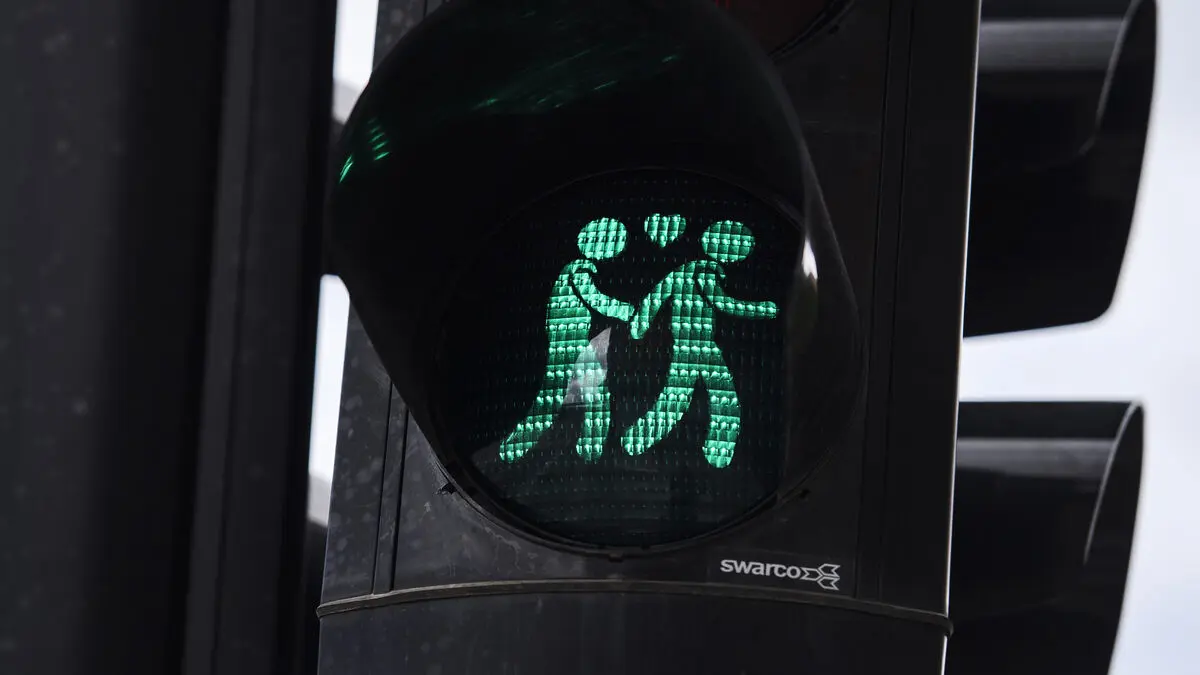The European Court of Justice has set foot in a legal case that brings the views of several conservative member states on same-sex marriage to a head.
It concerns a same-sex couple from Poland who previously lived in Germany and also got married there in 2018. When they later wanted to move back to Poland, the authorities there did not accept them as husband and wife.
Poland must recognize and register the couple's marriage in some form, the European Court of Justice rules.
Respect for privacy
Poland refused to accept and register the couple's marriage certificate. The couple appealed the refusal to the Polish Supreme Administrative Court, which in turn turned to the EU Court of Justice for guidance.
The couple should be able to enjoy free movement within the Union, but the Polish decision also violates the "fundamental right to respect for private and family life," the European Court of Justice announced.
"When they build a family life in a host Member State, for example through marriage, they must in particular be able to be sure that they can continue to live that way when they return to their country of origin," its press release states.
This is a great victory for love, says EU parliamentarian Emma Wiesner (Centre Party) at a press conference in Strasbourg.
Wiesner's colleague Abir al-Sahlani (C) expects that the ruling will also mean that EU countries will have to recognize parentage of children in same-sex families.
Not legalized
The court's decision does not mean that all member states must legalize same-sex marriages. They also have "a certain margin of discretion" when deciding how to recognize or register marriages in practice.
Same-sex marriage is not allowed in deeply Catholic Poland, nor are civil partnerships. In this way, the country stands out among EU countries.
A narrow majority of EU member states allow same-sex marriages, while almost all allow some form of registered partnership or cohabitation.
The Court of Justice of the European Union (Court of Justice of the European Union) exercises judicial power in the EU.
The Court of Justice rules on various disputes between EU institutions and member states, but it also helps national courts interpret EU law. In such cases, the Court of Justice issues a so-called preliminary ruling, which the national court must then follow.
The Court was established in 1952 and is based in Luxembourg. It is composed of 28 judges, one from each member state.
In addition, there are eleven Advocates General who prepare the cases and give opinions before the judgment is delivered. However, the Court is not obliged to follow the Advocate General's proposed judgment.
Below the Court of Justice of the European Union is the General Court, where individuals, companies or organizations can turn in, for example, competition cases or with claims for damages against the EU.






